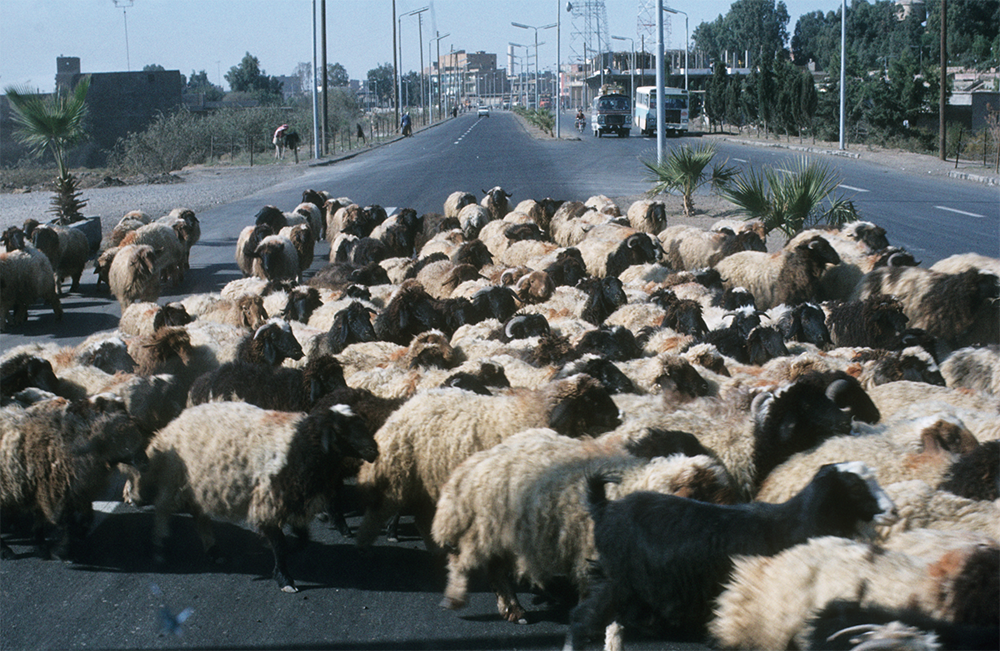Notions of The Urban
In case of further restrictions of classroom-based meetings, the course will be held online and/ or blended teaching formats.
Kick-Off:
Monday, October 19, 2 PM
Mondays, 2 PM-5 PM
English
Max 10
Ute Vees, academic associate
Via the ABK portal (https://portal.abk-stuttgart.de/)
Ute Vees (ute.vees@abk-stuttgart.de)

(Image credits: Syrian Heritage Archive)
How urban is the world? And what does it mean that more than half of the world´s population will live in urban areas by 2050? Commonly quoted numbers and current discussions around the topic of the urban from various perspectives are highly influencing policies, planning and design, but also our views on life. In this winter semester, we will explore notions of “the urban”. Besides the fact that there is a lack of consistent definitions of urbanity across countries and over time the question remains what being urban means – as a person and society, as a place and space, as the globe.
Quantitative measurements usually referring to demographics and administrative boarders ignore the fact that nations are organized and structured in different ways. The Individual nation states use their own definition and generalized definitions are not taking local conditions and political cultures into account. In the sixties and seventies more functionalist approaches were introduced, describing urban centers through economic criteria. Today, urban studies use flows and connectivity models to characterize urban agglomerations and metropolitan areas: Networks of people, goods, and information are used to explain urban morphologies. The rural-urban dichotomy is persistent in describing the urban. At the same time urbanization is a process; many of the world´s regions are in constant transition and “the rural” has become as complex and manifold itself. Qualitative approaches on urbanity also include social dimensions, embracing diversity as an urban factor and urban agglomerations as places that are not homogenous at all. Urban dwellers tend to be described as open and tolerant; specific urban cultural practice and public life in dense urban areas result in the creation of spaces that are called urban. Generalizations neglect the fact that there are strong regional and local differences in patterns, cultures, and spaces. The question remains if a proper codification scheme, be it qualitative or quantitative, is possible or necessary at all.
The seminar explores notions of the urban through a combined theoretical-graphical approach. Literature will build the foundation of the seminar. Group sessions are used to reflect, whereas, in a second phase, students develop their own graphical representations to describe concepts, theories, and processes to better understand the notions of the urban.